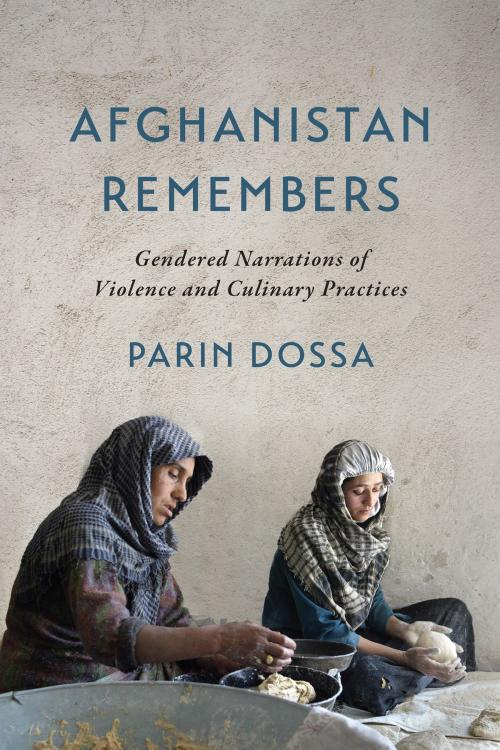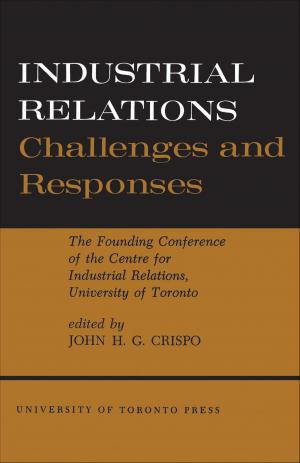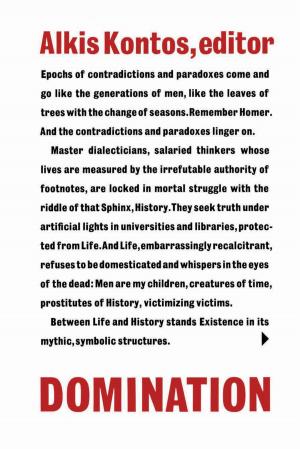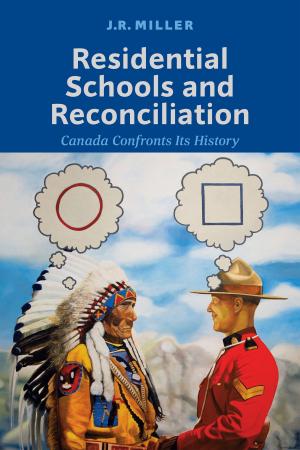Afghanistan Remembers
Gendered Narrations of Violence and Culinary Practices
Nonfiction, Social & Cultural Studies, Social Science, Anthropology, Gender Studies, Sociology| Author: | Parin Dossa | ISBN: | 9781442667617 |
| Publisher: | University of Toronto Press, Scholarly Publishing Division | Publication: | July 31, 2014 |
| Imprint: | Language: | English |
| Author: | Parin Dossa |
| ISBN: | 9781442667617 |
| Publisher: | University of Toronto Press, Scholarly Publishing Division |
| Publication: | July 31, 2014 |
| Imprint: | |
| Language: | English |
Although extensive literature exists on the violence of war, little attention has been given to the ways in which this violence becomes entrenched and normalized in the inner recesses of everyday life. In Afghanistan Remembers, Parin Dossa examines Afghan women’s recall of violence through memories and food practices in their homeland and its diaspora. Her work reveals how the suffering and trauma of violence has been rendered socially invisible following decades of life in a war-zone.
Dossa argues that it is necessary to acknowledge the impact of violence on the familial lives of Afghan women along with their attempts at recovery under difficult circumstances. Informed by Dossa’s own story of family migration and loss, Afghanistan Remembers is a poignant ethnographic account of the trauma of war. She calls on the reader to recognize and bear witness to the impact of deeper forms of violence.
Although extensive literature exists on the violence of war, little attention has been given to the ways in which this violence becomes entrenched and normalized in the inner recesses of everyday life. In Afghanistan Remembers, Parin Dossa examines Afghan women’s recall of violence through memories and food practices in their homeland and its diaspora. Her work reveals how the suffering and trauma of violence has been rendered socially invisible following decades of life in a war-zone.
Dossa argues that it is necessary to acknowledge the impact of violence on the familial lives of Afghan women along with their attempts at recovery under difficult circumstances. Informed by Dossa’s own story of family migration and loss, Afghanistan Remembers is a poignant ethnographic account of the trauma of war. She calls on the reader to recognize and bear witness to the impact of deeper forms of violence.















